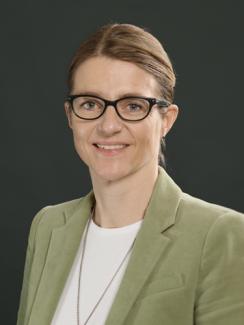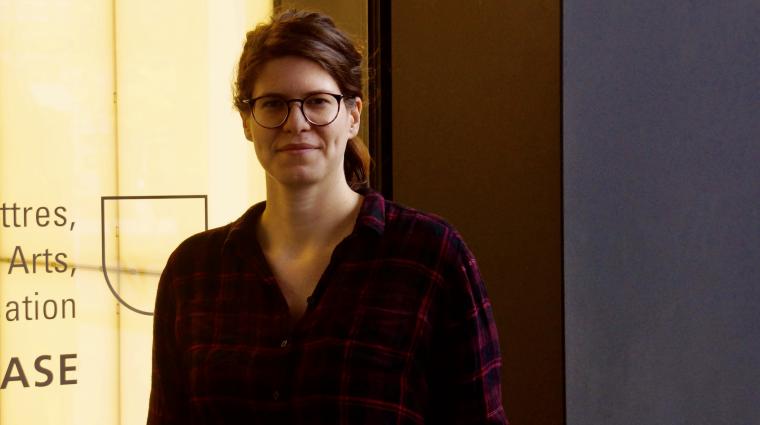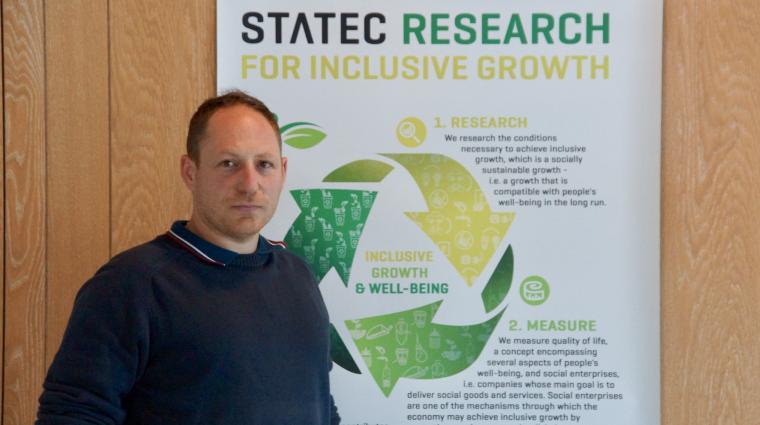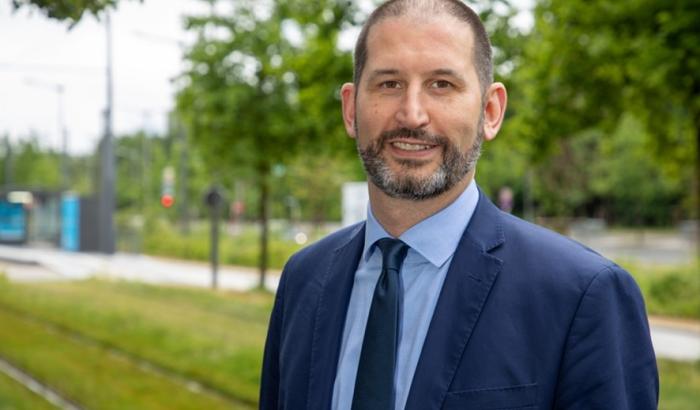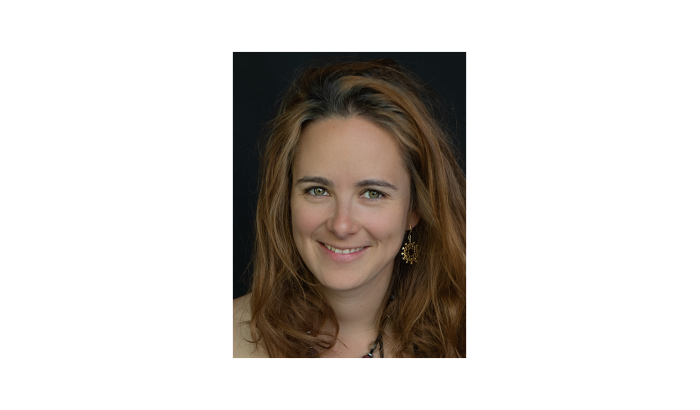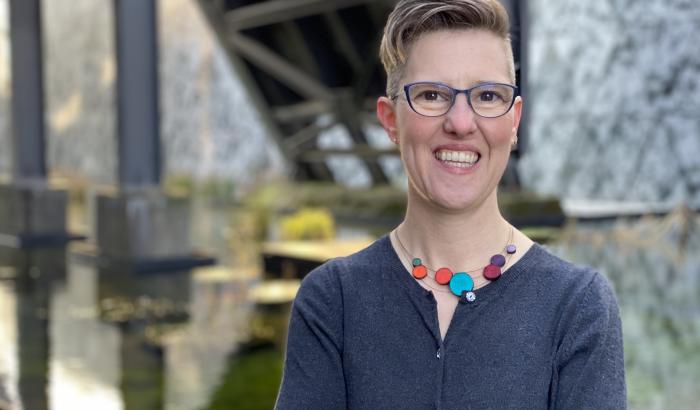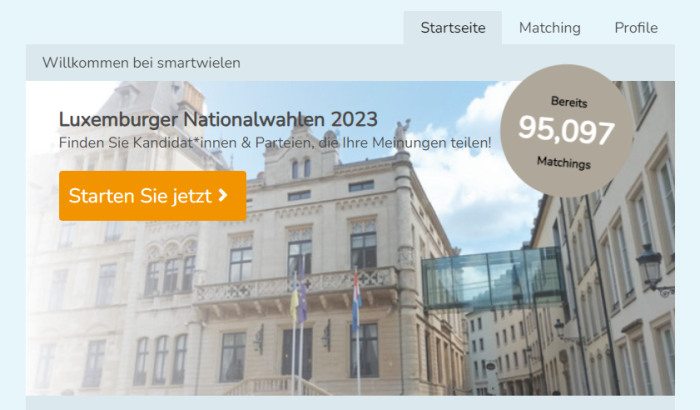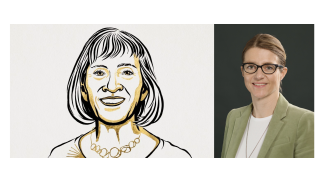
Niklas Elmehed © Nobel Prize Outreach & LISER
Nobel laureate Claudia Goldin (left) and LISER Researcher Eva Sierminska (right)
Yesterday, The Royal Swedish Academy of Sciences awarded the Sveriges Riksbank Prize in Economic Sciences in Memory of Alfred Nobel 2023 to Claudia Goldin from Harvard University in the US, “for having advanced our understanding of women’s labour market outcomes”.
Research Scientist Dr. Eva Sierminska knows her work very well, as she works on a related topic at the Luxembourg Institute of Socio-Economic Research (LISER). Below is her reaction to the announcement of the prize.
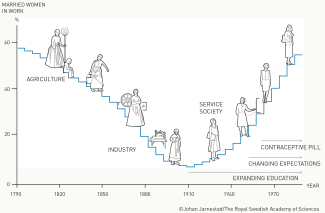
Illustration: The U-shaped curve. Along with the previously known increase at the start of the twentieth century, Goldin showed that women’s historical participation in the US labour force could be described using a U-shaped curve for the two-hundred-year period from the end of the eighteenth century. Because economic growth was steady throughout this period, Goldin’s curve demonstrated that there is no historically consistent association between women’s participation in the labour market and economic growth.
Dr. Eva Sierminska, what’s the importance of the Claudia Goldin's work?
Claudia is an economic historian and labor economist who has devoted her career to studying the progress women have made in the workplace focusing on employment, wages and occupation attainment, while at the same time trying to understand what are the sources of differences between women’s and men’s outcomes. This is the first time a Noble prize laureate in Economics has been awarded for investigating women’s issues.
What do you think? Is the prize well deserved?
Claudia’s work spans over 5 decades of investigative work into the evolution of women’s labor market outcomes over time. Her wide-ranging work listed in many books and dozens of articles provides us with insights on the mechanisms taking place that affect those outcomes including the causes of the gender wage gap, the evolution of women's labor force participation over the past two centuries and the implications for the future of the labor force. In my opinion it is very well deserved and about time.
What is your own research about and how is it related to the topic of the laureate’s work?
I study gender differences in wealth, wages and educational choices. My latest work examines field specialization choice differences in the field of Economics. This work has received feedback from Claudia, as she has also worked on increasing the presence of women in Economics at the undergraduate level. The presence of women remains low at 30%. My other work examines the gender wealth gap, where I find that the greatest source of the gap comes from labor market differences between women and men.
At LISER, I have initiated a reading group on gender topics. Needless to say Claudia’s work has been discussed on several occasions. This semester, to celebrate this achievement we will devote additional sessions to her work.
Thank you Dr. Sierminska for your quick reaction!
More about the laureate on the website of the Nobel Prize.
More on Eva Sierminska's work in this article from our archive:
Answers: Eva Sierminska (LISER)
Questions & Editing: Michèle Weber (FNR)
Photo of Eva Sierminska: LISER

